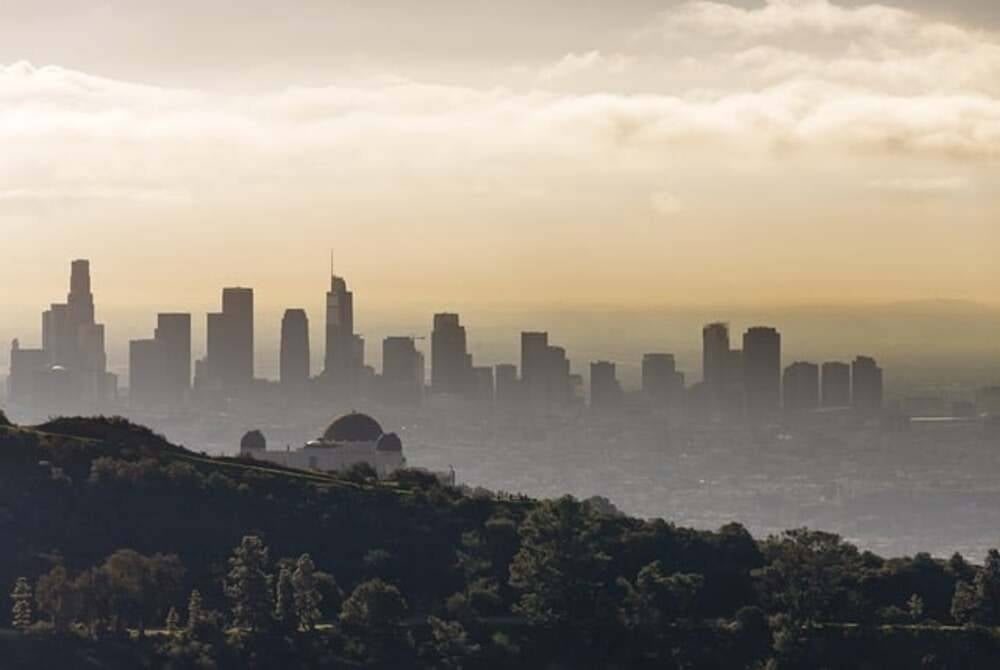Severe haze episode unlikely to occur in near future - MetMalaysia

KUALA LUMPUR - The Malaysian Meteorological Department (MetMalaysia) does not anticipate a severe haze episode in the country soon, despite the detection of several hotspots in Indonesia and Malaysia at present.
MetMalaysia director-general Muhammad Helmi Abdullah said this was based on data from the Asean Specialised Meteorological Centre, which showed a decrease in the number of hotspots in Kalimantan and Sumatra, Indonesia compared to last Monday.
"On Sept 11, there were 67 hotspots detected in Kalimantan and 50 in Sumatra, but yesterday, the numbers have reduced to two in Kalimantan and 15 in Sumatra,” he told Bernama.
As for Malaysia, only one hotspot was recorded in the peninsula on Monday, but the situation changed yesterday when Sabah and Sarawak reported a total of four hotspots.
"However, with the conclusion of the Southwest Monsoon season and the reduction in the number of hotspots in Kalimantan and Sumatra, MetMalaysia does not anticipate the occurrence of a severe haze episode in the near future,” he said.
According to Muhammad Helmi, the Southwest Monsoon season is ending today and will be replaced by the monsoon transition phase that is expected to last until early November.
During this period, the country is expected to receive more rainfall, especially in the late afternoon and early evening, particularly in states along the west coast of the peninsula, western Sarawak and Sabah.
In addition, the country will experience more rainfall during the Northeast Monsoon season, which is expected to occur from November until March next year.
"However, transboundary haze can occur if there are extensive and widespread forest fires and wind blowing from the affected areas. Moreover, El Nino conditions are detected in the central Pacific Ocean, and there is over 95 per cent chance that it will persist until early 2024.
"According to forecasts from international agencies monitoring this, its strength is expected to reach its maximum level at the end of this year and the beginning of next year, which could lead to prolonged dry weather, reduced rainfall and forest fires if open burning activities are not controlled,” he said.
Based on data from the Air Pollutant Index Management System (APIMS) managed by the Department of Environment, a total of 46 monitoring stations recorded moderate Air Pollutant Index (API) readings, with the highest reading in Kuching, Sarawak at 92, followed by Shah Alam, Selangor (76) and Seremban, Negeri Sembilan (75).
API reading from 0-50 is categorised as good, 51-100 (moderate), 101-200 (unhealthy), 201-300 (very unhealthy), and 300 and above (hazardous). - BERNAMA














